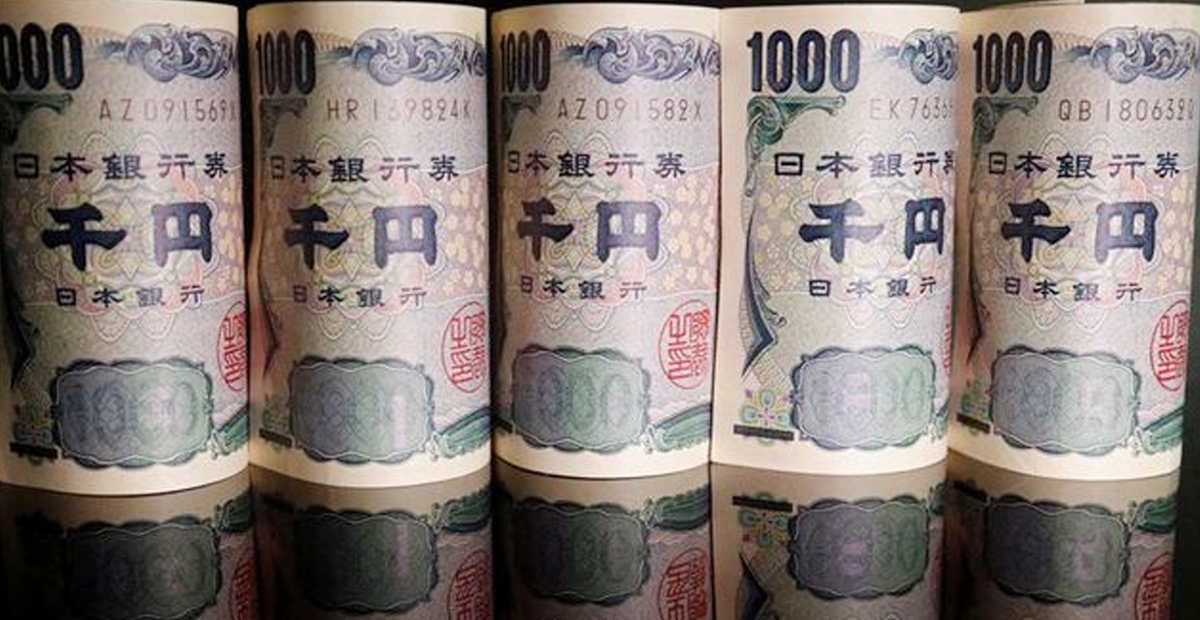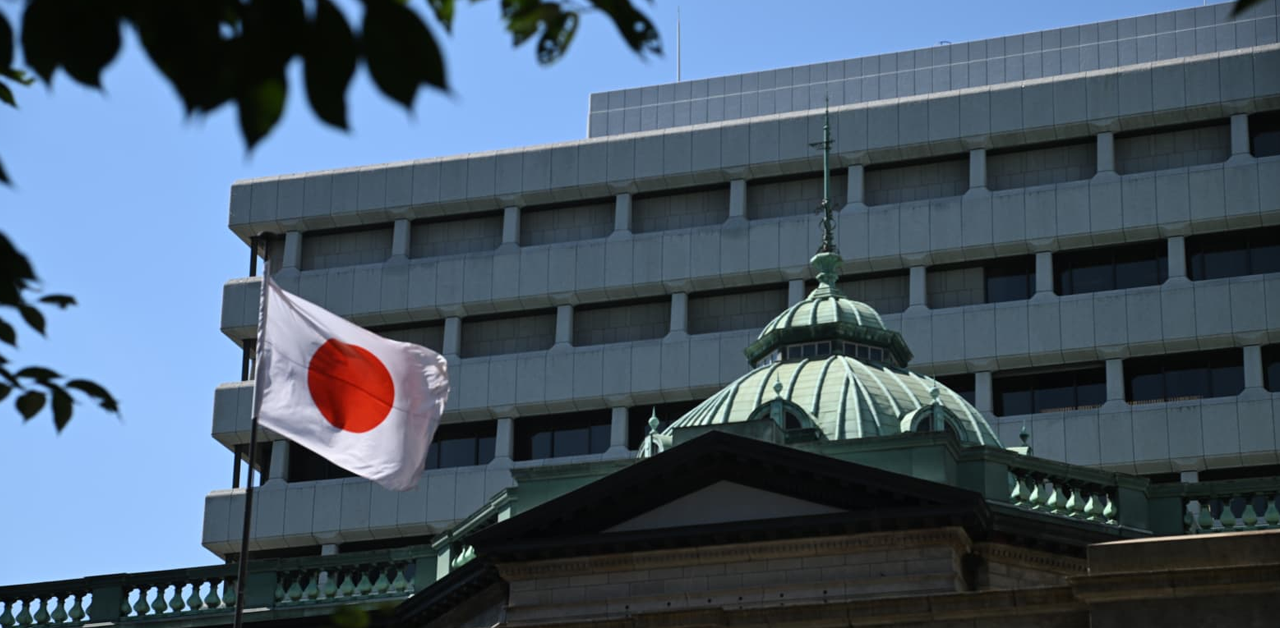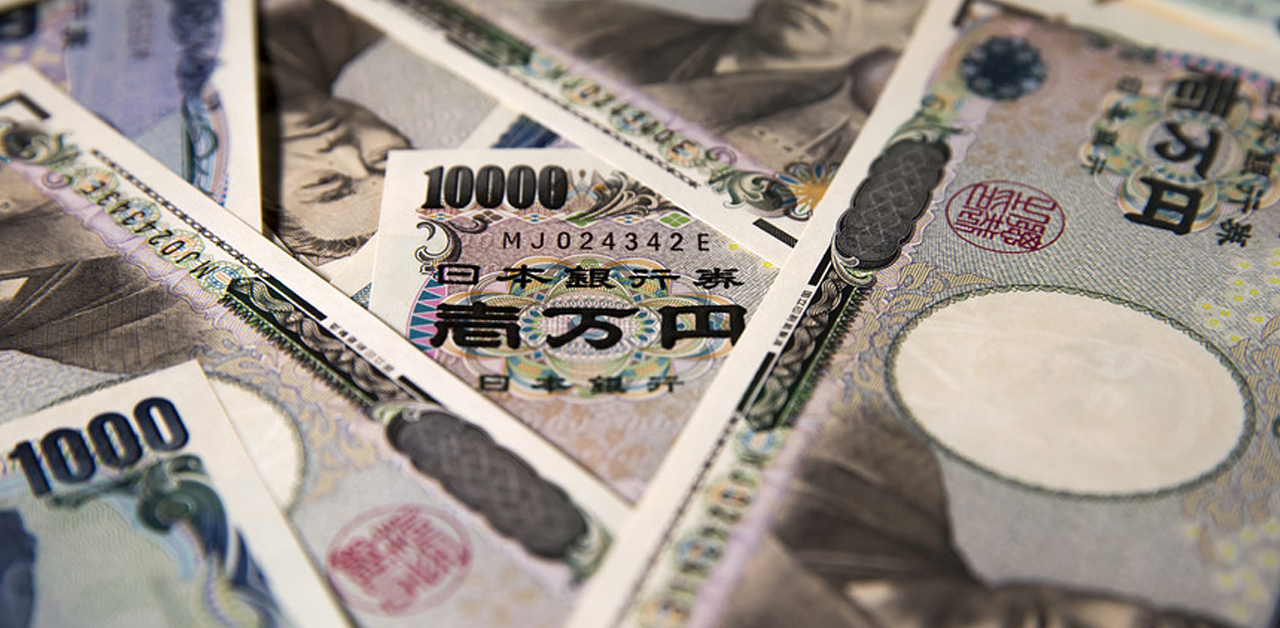Japan’s Insurers’ Yen Hedge Falls to Decade Low
Japanese life insurers have significantly reduced their protection against a strengthening yen to the lowest level in a decade, and they may continue to cut these positions in the coming months.
As of March 31, nine of Japan’s largest life insurers had only 47% of their foreign securities hedged with derivatives to protect against a rising yen, according to earnings reports compiled by Bloomberg. This is the lowest level since September 2011 and a sharp drop from the 63% hedge ratio in March 2020.
This reduction in hedging likely reflects insurers’ expectations that the yen will either weaken further or that any potential strengthening will not substantially erode foreign investment gains in yen terms. Over the past month, the yen has weakened by 1.4% against the dollar, making it the worst performer among the Group-of-10 currencies.
Analysts suggest that the declining trend in currency hedge ratios will continue, as the yield differentials between Japan and other major economies are unlikely to narrow significantly. This perspective diminishes the pressure for yen appreciation.
There are growing concerns that the yen’s weakness is not solely due to yield differentials but also due to significant capital outflows through direct investments. Japan’s economic competitiveness is waning, prompting businesses to invest more overseas.
Interest rate outlooks are also influencing this trend. While central banks in the euro area, Canada, and Switzerland have started to lower key borrowing costs, the Bank of Japan has moved towards normalizing its monetary policy after ending yield curve control and negative interest rates in March. However, a substantial difference in short-term interest rates has kept the cost of currency protection high, making hedged foreign bonds less attractive. For example, ten-year Treasuries yield -1.2% for Japanese investors with currency protection, compared to 4.22% without it.
Most major life insurers are showing little appetite for hedged overseas bonds, opting to either maintain their current holdings or reduce them further. According to their investment plans for the fiscal year ending March 2025, firms like Meiji Yasuda Life Insurance Co. and Taiju Life Insurance Co. plan to increase their holdings of foreign bonds without currency hedging.
Life insurers may continue to hold onto their unhedged foreign bond positions unless there is a significant appreciation of the yen against the dollar, according to Shoki Omori, chief desk strategist at Mizuho Securities Co. in Tokyo.












